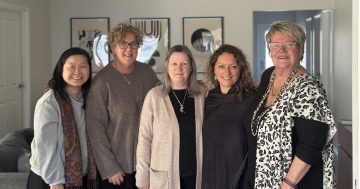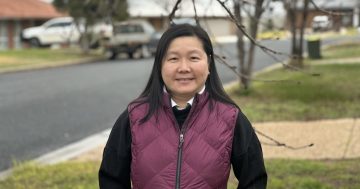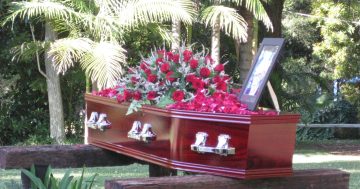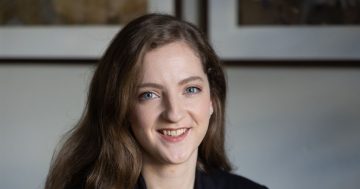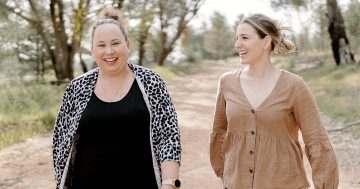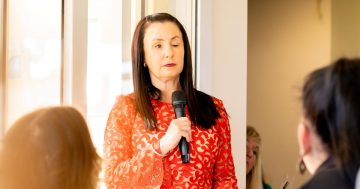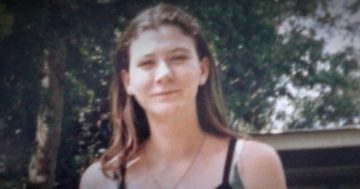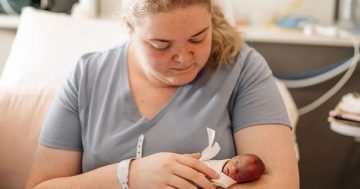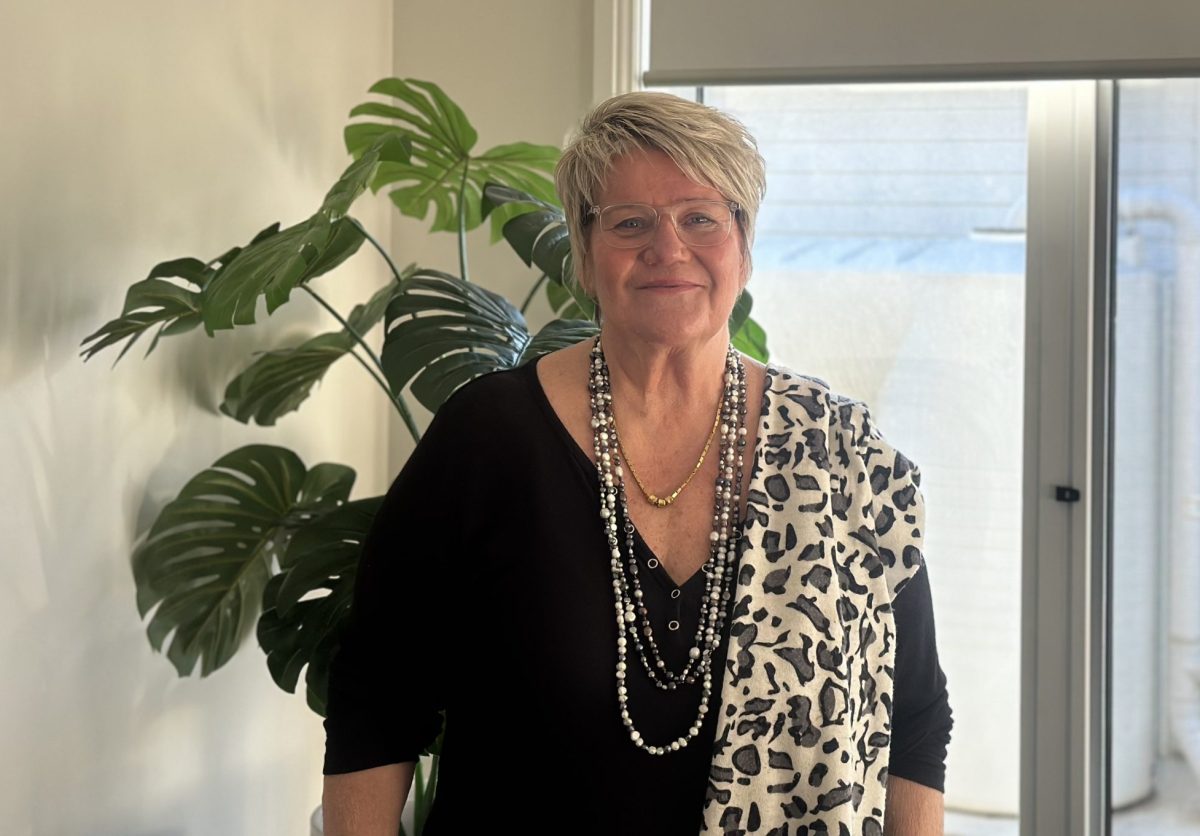
Helen Callanan is the founder of Australia and New Zealand’s leading training organisation, Preparing The Way. Photo: Erin Hee.
Helen Callanan had already been performing end of life doula duties long before she even knew what it was.
Originally a Reiki practitioner and teacher, her job often led her to people who were terminally ill or dying.
She founded Preparing The Way (PTW), Australia and New Zealand’s leading end of life doula training organisation that offers the world’s first government accredited training with a Certificate IV in End of Life Doula Services.
The Oxley local leads the End of Life Doula Movement, which envisions that “doulas will be everywhere where people are facing end of life, ageing and grieving”. Receiving government recognition is just the first step.
“The truth is, people have been doulaing for centuries, but it wasn’t a recognised profession,” she said.
“The emotional labour that goes with this work needs to be recognised.
“You don’t need a certificate to be an end of life doula, but if you want to work as a doula inside an aged care facility, hospital or palliative care unit, you actually have to have a piece of paper.
“For many years, doula was seen as a little bit left of centre, a little bit woo-woo, you know?
“PTW is really committed to developing a professional training.”
PTW first opened its doors in 2014 and started offering training a year later.
“In COVID, we pivoted to online, which was a big risk,” Ms Callanan said.
“I started as a one-girl show back in the day and now we have a team of 13 around Australia and a staff member in New Zealand.”
An end of life doula provides education, emotional support and resources.
To complete the course offered at the registered training organisation Essential Skills Training and Recruitment, end of life doulas-in-training need to demonstrate their competency and are assessed on their ability to perform their duties. These include the legal process after death across Australia and New Zealand, self-care and resilience, natural burial and cremation options, practical skills for after-death and home-based body care and how to start your own end of life doula business.
Ms Callanan said in the four decades she had been a doula she was often reminded that grief was not a “one size fits all”.
Last year, a mother in Victoria who had to watch her son dance with death on three separate occasions asked Ms Callanan to talk to her about her son’s impending death.
“She said, ‘I know a funeral director’s coming to take my son away, I don’t know how I can do that’,” she said.
“I said, ‘you don’t have to. In Victoria, you can keep the person at home. You’ve got to keep their body cool and safe and take care of it. He doesn’t have to leave your care until you’re ready’.”
It took the heartbroken mother three days before she was able to bury him.
Different states have their own laws regarding burials. Ms Callanan said an end of life doula’s calling ensured the bereaved know these options exist and don’t necessarily need to go through a funeral director.
Anyone interested in the End of Life Doula Movement can take part in Dying to Know Day on 8 August, an annual campaign by Proveda.
It encourages open conversation about death, death literacy and end-of-life planning to help people feel empowered to make informed decisions about their end-of-life wishes.
More information on the training offered by Preparing the Way can be found on its website.







